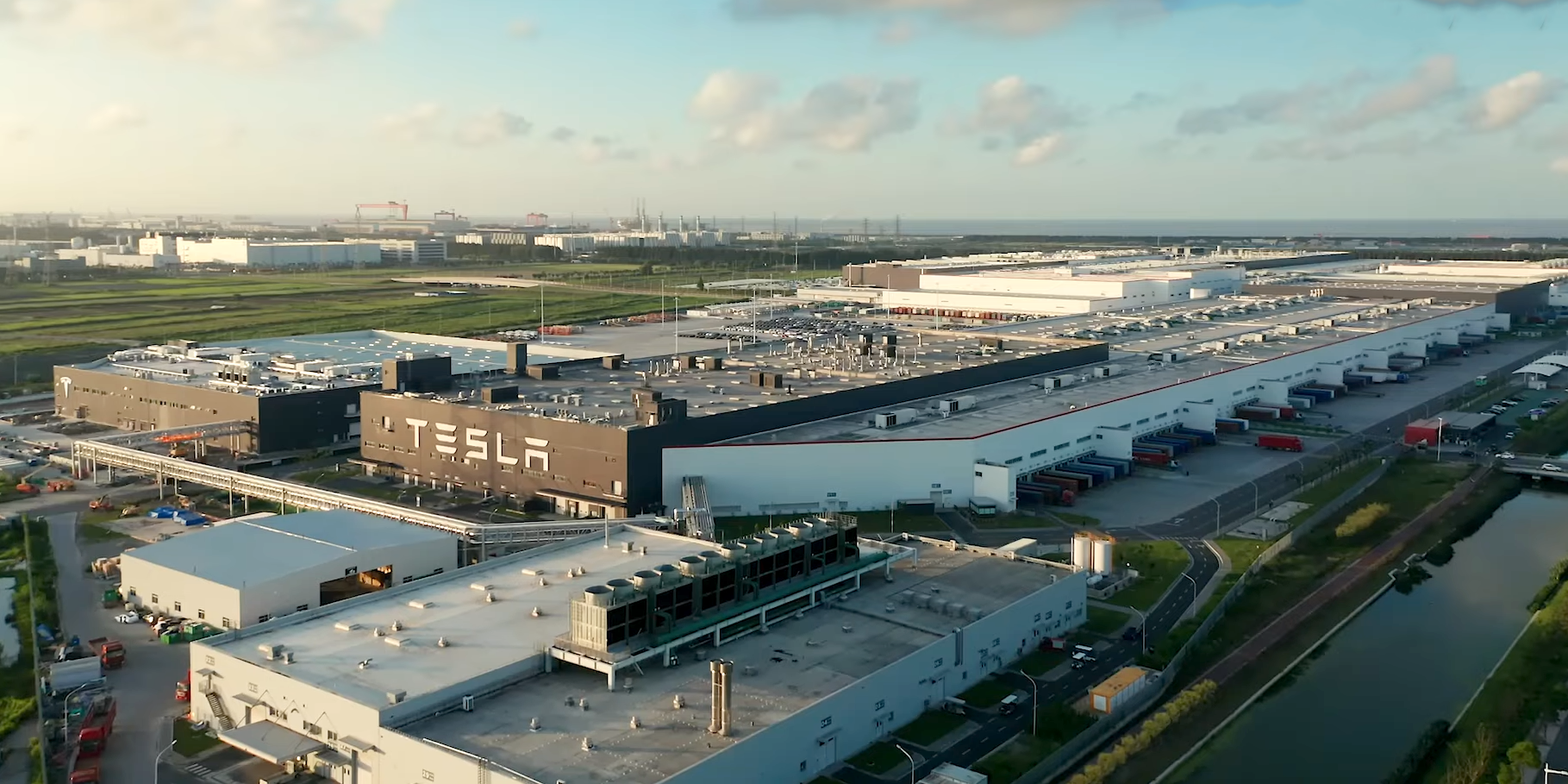Tesla and its Chinese suppliers violating workers' rights
Despite the trade war between the US and China, Elon Musk's company has opened a new plant in Shanghai to make megapack batteries. The plant enjoys tax advantages and is facing increasing competition from China's BYD. In the meantime, China Labour Bulletin alleges widespread abuse of workers at Tesla China and its suppliers.
Shanghai (AsiaNews) - Although the United States wants to rev up its trade war with China, Tesla has recently opened a new mega factory in Shanghai to manufacture energy-storage batteries called megapacks. Tesla’s CEO, Elon Musk, is a member of the Trump administration.
A megapack battery is a container similar in size to an intermodal container that stores energy that can be used as required during blackouts or in periods of peak electricity demand.
The opening of the new plant in China, where Tesla already enjoys tax advantages, allows Elon Musk's company to avoid paying duties imposed by the United States.
In response to US President Donald Trump's decision to add an additional 10 per cent tariff to all goods imported from China, China imposed new tariffs on coal and gas imports from the United States, and launched antitrust investigations into Google and Nvidia.
Built in just seven months, Tesla's new plant covers 200,000 square metres and is the first of its kind built outside the United States.
It is located next to the Shanghai gigafactory, one of the largest in the world, inaugurated in 2019 to build electric cars. However, this same factory has been recently accused of violating workers' rights.
Many employees work up to 12 hours a day for six or even seven days a week, according to a report by the China Labour Bulletin.
Abusive practices have also been found in Chinese companies that supply Tesla, including withholding wages for those who do not work a certain number of hours and banning unions.
Some workers have reported receiving salaries ranging between 7,000 and 8,000 yuan (US$ 965-US$ 1,100), but only thanks to dozens of hours of overtime, in some cases up to four times the legal limit imposed by Chinese law.
The Shanghai gigafactory enjoys a privileged position in the market because it has been structured as a wholly owned subsidiary of Tesla and not through a joint venture with a local company, a unique case in the automotive sector.
Musk's company received US$ 521 million in loans from Chinese banks at subsidised interest rates and US$ 82 million in grants.
In addition, the local government in Shanghai granted Tesla a reduced tax rate of 15 per cent from 2019 to 2023, compared to the standard rate of 25 per cent applied to other businesses.
Despite this, Tesla faces increasing competition from Chinese automakers, especially BYD, which in 2024 surpassed Tesla in the number of electric cars sold.
According to data from the China Passenger Car Association, Tesla ranked tenth in sales in China last year.
23/06/2023 17:05
12/11/2018 09:42







.png)










